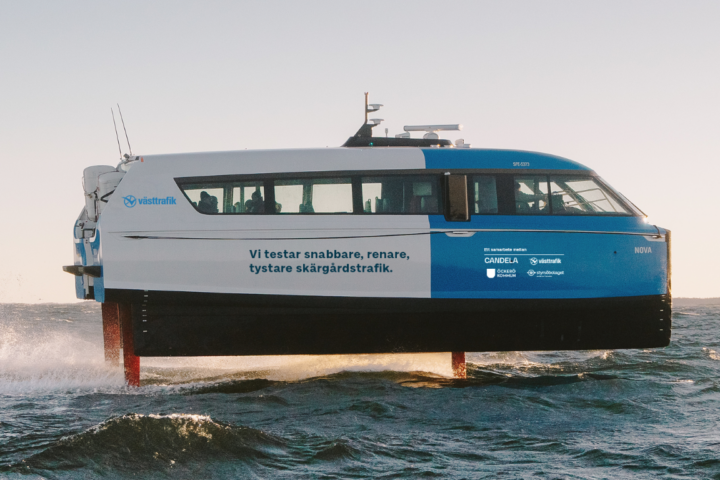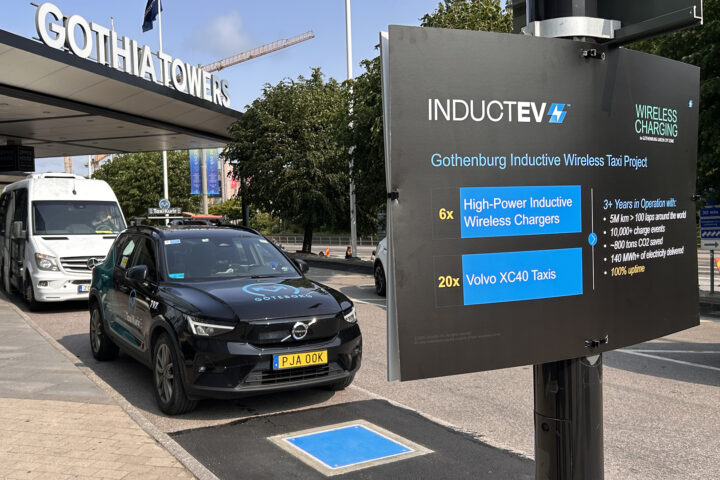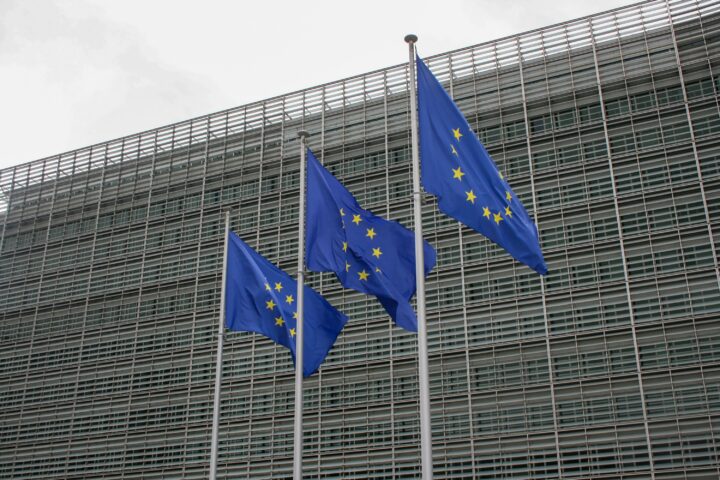In a new project in Västerås, Sweden, several actors have joined forces to create a unique electric bus depot that will use an algorithm to optimise the charging of electric public transport buses from sodium-ion batteries, whilst also balancing local grid needs.
Sweden has set up a goal to reduce the greenhouse gas emissions from domestic transport by 70 % until 2030 compared to 2010 levels. This puts pressure on new solutions to make Swedish transport more efficient and to find new solutions. The project in Västerås aims to find solutions to the increasingly strained electricity grid. The ambition is to create a solution for a balanced electricity network, which can handle an increasing amount of electric public transport buses.
The project is run by company Tvinn and organisation BioDriv Öst and brings together 10 partners from different fields, including academia, region Uppsala and companies such as Altris, ABB, Solkompaniet and Scania. The project has an overall budget of just over 19 million SEK (€1.9 million). Approximately 50 % of this funding comes from Vinnova, Sweden’s innovation agency, which helps build Sweden’s innovation capacity and contribute to sustainable growth. This particular project is part of the wider strategy to move towards smarter cities and is seen as an innovative circular solution for energy storage, benefiting both public transportation and the grid.
Read more about the project here (in Swedish).



